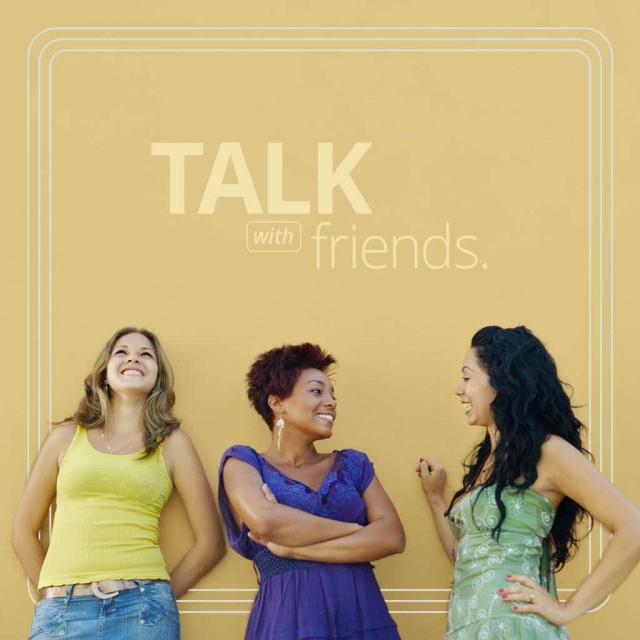Smoking before, during, and after pregnancy is harmful to both you and your baby. It’s never too late to gift yourself and your new baby a healthier future and quit.

Smoking can make it harder for you to get pregnant. And, if you get pregnant, continuing to smoke while you’re pregnant can cause serious harm to your baby’s health. Even if you smoked during a past pregnancy and had a healthy baby, every pregnancy is different. Quitting smoking at any time during pregnancy—especially early on―can give your baby a healthier start in life.
After your baby is born, exposing your baby to secondhand smoke also causes harm to your child’s health and development. Understand the risks of continuing to smoke before and after your baby is born. Quitting will give you and your baby a brighter and healthier future.
Smoking While Pregnant
Smoking can cause complications during your pregnancy, such as:
- Miscarriage: an unexpected loss of the baby.
- Ectopic pregnancy: when the fertilized egg implants outside the uterus (where the baby usually develops). The result is usually a miscarriage.
- Placental abruption: when the placenta (this provides oxygen and nutrients to the baby) separates too early from the uterus. This can cause bleeding in the mother. It can also lower or stop the baby’s supply of oxygen and food.
- Placenta previa: when the placenta covers the cervix (the lower end and opening of the uterus). This can cause severe bleeding during pregnancy and delivery.
- Preeclampsia: when the mother experiences high blood pressure and swollen feet, legs, and hands. This can have severe complications for both the mother and baby, like placental abruption and having a premature baby.
- Preterm birth: when the baby is born too early. Babies who survive early delivery can have problems breathing, digestion issues, and bleeding in their brains. As the child gets older, he or she may experience developmental delays (when a baby or child is behind in language, thinking, or movement skills) and not do as well in school.
Have a Healthy Baby
Quitting before you give birth will give your baby these benefits:
- Less risk of being born too early.
- Less risk of being born with birth defects like cleft lip or cleft palate.
- Higher chance of having a healthy birth weight (more than 5.5 pounds) and growing on track.
- More likely to come home from the hospital with you. Babies who are too small or who need care for health problems may need to stay in the hospital until they are healthy enough to go home.
- Increased chance lungs will develop well.
- More likely to have normal brain development before birth and through early childhood.
- Less likely to die from sudden infant death syndrome (SIDS).
Staying Smokefree After Baby
Once you bring your baby home, it’s just as important to stay smokefree and protect your baby from cigarettes or secondhand smoke. Babies who are exposed to secondhand smoke after birth are more likely to have certain health problems or die from SIDS.
Protect your baby from secondhand smoke by avoiding smoking around your baby, spending time in places that do not allow smoking, and making your house and car smokefree. This is important because babies and young children living in smokefree environments typically have:
- Fewer coughs and chest colds.
- Lower chances of getting bronchitis or pneumonia.
- Fewer ear infections.
- Less frequent and less severe asthma, if they have asthma.
- Fewer missed school days because of asthma attacks and breathing illnesses.
- Less of a chance of becoming smokers as adults.
- Lower chances of dying from SIDS.
Breastfeeding and Smoking
Don’t stop breastfeeding if you smoke. Breastfeeding is good for your baby, so it’s better to do it than not, even if you’re still smoking.
Here’s why breastfeeding is good for both you and your baby:
- Gives your baby nutrients and antibodies that help him or her grow and develop.
- Protects your baby from illnesses, like ear infections and diarrhea.
- Lowers your baby’s risk of diabetes and SIDS.
- Lowers your risk for diabetes, breast cancer, ovarian cancer, and depression.
- Can help you form a special bond with your baby.
- Can help you lose weight during the first year after your baby is born.
Smoking while breastfeeding does expose the baby to nicotine and other harmful substances through breastmilk. If it’s not the right time for you to quit, you can help your baby by following a plan to reduce your baby’s exposure to cigarette smoke.
- Smoke right after breastfeeding and avoid smoking right before. Your body will have more time to clear the nicotine from breast milk.
- Make your house and car smokefree to keep your baby away from secondhand smoke.
- Try cutting down on the number of cigarettes you smoke.
- Don’t smoke while you’re feeding your baby. She or he will inhale your smoke or could get burned by the cigarette.
- Sign up for the SmokefreeMOM text program for help cutting back on cigarettes and eventually becoming smokefree.
Learn more about the impact of secondhand smoke.







